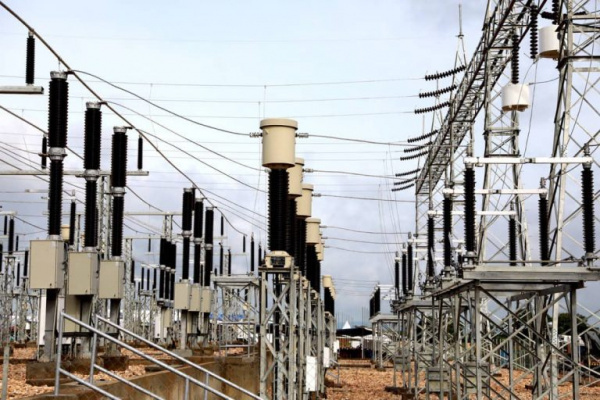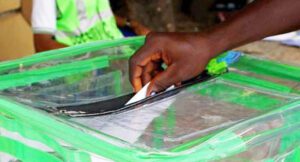
The constant threat of vandalism in Nigeria’s Power sector
The recent revelation by the Federal Ministry of Power that 63 transmission towers were vandalised between January and August is a stark reminder of the challenges facing Nigeria’s power sector.
The ministry’s statement, laced with a sense of mortification, highlighted the devastating impact of vandalism on the country’s infrastructure and economy. The statistics are alarming 117 electricity towers were vandalised between January 2022 and February 2024, with an estimated cost of N12.8 billion to repair.
The 63 towers vandalised this year alone will cost N6.9 billion to fix. These figures are a testament to the sheer scale of the problem. But the consequences of inaction will be catastrophic. The Transmission Company of Nigeria warns that the vandalism threatens the $7 billion loan acquired to improve transmission. The economic implications are dire, and the government must act decisively to address this menace.
The staggering theft of 150,000 rail clips across Nigeria between 2022 and 2023, coupled with the relentless vandalism of critical infrastructure, paints a grim picture of the country’s ongoing crisis. The N210 billion Second Niger Bridge has fallen prey to mindless destruction, while the Third Mainland Bridge has seen its railings removed by vandals, with routine repairs costing a staggering N15.6 billion over the past six years.
The Chartered Institute of Projects Managers of Nigeria has reported a shocking N17 trillion worth of abandoned projects, underscoring the severe impact of vandalism on a nation already grappling with a significant infrastructure deficit. This rampant destruction of public assets not only drains resources but also exacerbates the challenges facing the country.
The effects of this vandalism extend beyond physical damage. The electricity sector, plagued by theft and insufficient generation capacity, contributes to the severe power shortages that stifle economic growth. The resulting high youth unemployment, struggling MSMEs, and stagnating industries further compound the economic malaise.
The economic fallout is evident in the soaring inflation rate, which reached 33.4 percent in June, and the worsening poverty figures. The National Bureau of Statistics revealed that 133 million Nigerians were multidimensionally poor in 2022, a number that swelled by an additional 7 million in 2023 following the removal of the petrol subsidy and the naira merger. With the GDP stagnating at $252 billion, Nigeria now ranks fourth in Africa, reflecting a troubling economic trajectory.
As vandalism continues to ravage the nation’s infrastructure and inflation erodes living standards, urgent and coordinated action is required. Addressing the root causes of vandalism, securing public assets, and investing in infrastructure development are crucial steps towards stabilising the economy and improving the quality of life for millions of Nigerians.
Vandalism is driven by ignorance and results in significant public expense. The funds spent on repairing or replacing vandalised projects could otherwise be allocated to vital services like education, healthcare, and infrastructure. To address this issue, it is crucial for the government and media to educate the public about the importance of viewing public assets as communal property held in trust. Citizens must understand their responsibility to protect these assets.
The government should heavily invest in technology and establish dedicated security forces to safeguard public infrastructure. Collaboration between security agencies and local communities is essential. Local vigilance groups, familiar with their areas and active during times when vandals are likely to strike, should be engaged in protecting these assets.
A strategy of sustained intelligence, surveillance, and technological application is necessary to counteract vandals. Perpetrators must be held accountable, and special courts could be set up for the swift prosecution of those responsible. Securing public assets is achievable and requires immediate action. Vandalism is not only a threat to the power sector but also a reflection of the country’s chronic insecurity. The fact that other public assets have suffered similar fates is a wake-up call for the Federal Government and security agencies.
The NEITI report of 7,143 pipeline vandalism cases in five years, costing N471 billion to repair, is a stark reminder of the enormity of the problem.
The government must take stringent measures to tame these criminals and protect Nigeria’s infrastructure. The economic paralysis and utter darkness that will result from inaction are too dire to contemplate.
It is time for decisive action to safeguard Nigeria’s future.




